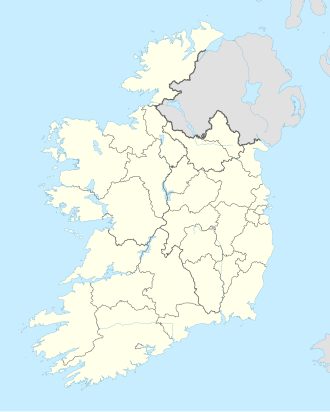| Tournament details | |
|---|---|
| Host country | |
| Dates | 21 – 28 July 2006 |
| Teams | 8 |
| Venue(s) | 1 (in 1 host city) |
| Final positions | |
| Champions | |
| Runners-up | |
| Third place | |
| Fourth place | |
| Tournament statistics | |
| Matches played | 20 |
| Goals scored | 108 (5.4 per match) |
| Top scorer(s) | |
The 2006 CPISRA Football 7-a-side European Championships was the European championship for men's national 7-a-side association football teams. CPISRA stands for Cerebral Palsy International Sports & Recreation Association. Athletes with a physical disability competed. The Championship took place in Ireland from 21 to 28 July 2006.
Contents
- Participating teams and officials
- Teams
- The draw
- Squads
- Venues
- Format
- Group stage
- Group 1
- Group 2
- Knockout stage
- Semi-finals
- Finals
- Statistics
- Goalscorers
- Ranking
- See also
- References
- External links
Football 7-a-side was played with modified FIFA rules. Among the modifications were that there were seven players, no offside, a smaller playing field, and permission for one-handed throw-ins. Matches consisted of two thirty-minute halves, with a fifteen-minute half-time break. The Championships was a qualifying event for the 2007 CPISRA Football 7-a-side World Championships.

